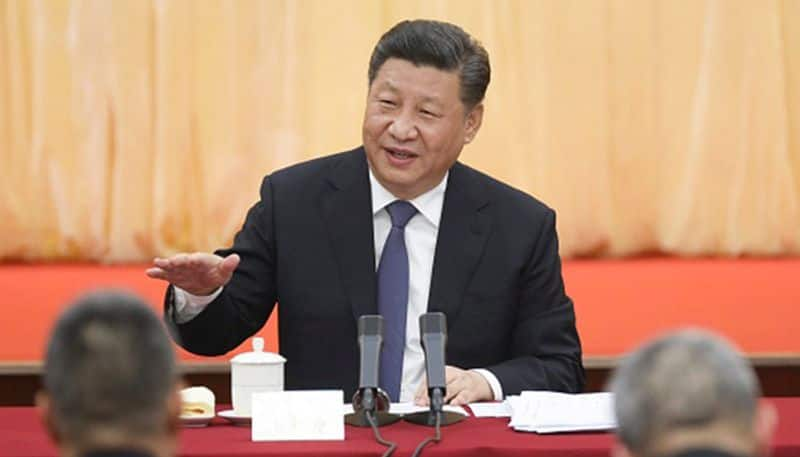It’s no secret that China wants to be a world leader by maintaining good relations with other countries, but recent behaviour by Chinese diplomats are not helping the country’s cause.
Diplomats are very careful with the words they use, but of late, Chinese diplomats have not held back. In a series of what seems like undiplomatic like behaviour, its emissary to Canada outrightly blamed the host country of “white supremacy.” In South Africa, its chief representative said that policies of the Donald Trump administration were making the United States “the enemy of the world”. The Chinese ambassador in Sweden accused their police of inhumane treatment. This invariably will have an adverse effect on the Chinese relations with the rest of the world no doubt.
Many experts believe that these are deliberate statements and not comments made on the spur of the moment. In a media report, Ryan Hass of the Brookings Institution who oversaw China affairs at the US National Security council previously, was quoted saying, “I don’t think we are witnessing a pattern of misstatements and slips of the tongue. …We seem to be watching China’s diplomats matching the mood of the moment in Beijing. Beijing rewards diplomats that are aggressive advocates of China’s views and scorns those that it perceives as overly timid.”
Though it may show solidarity with the Chinese view, it does hamper Chinese president Xi Jinping’s attempt to establish, and maintain, if not improve relationships with other countries. Moreover, statements made against Trump’s policies will definitely not go down well with the US administration.
Reports also state that as of now, despite China capitalising on the US disengagement abroad and trying to portray itself as a champion of globalisation, a poll in 25 countries said that majority of people would prefer US rather than China as a world leader.
Moreover, their country’s diplomatic approach seems counter-productive to the investments they have made. China has poured in billions of dollars in its Belt and Road initiative to establish connection with countries around the world. Their approach has drawn scepticism toward Chinese investments, especially in Asia. One of the major concerns being the use of their 5G networks which many believe comes at the cost of espionage.
China has not responded to the language used by their diplomats. Their stance in this regard seems to prove contrary to their intent to come across as a supporter of international order. However, Xi’s demeanour at the World Economic Forum in Davos, Switzerland while defending globalisation clearly set mixed signals to wary countries of China’s intent.
Reportedly, foreign diplomats in Beijing have said that the attitude of Chinese officials have become more aggressive and ideological in recent years.
Chinese officials also allegedly attempted to “barge” into Papa New Guinea’s foreign minister’s office to influence APEC summit’s communique in November, as per reports. Chinese officials denied these allegations and called it a “rumour.”
True or false, there’s enough the suggest that there is a contrast between the words of the Chinese President and the behaviour of Chinese officials, enough for countries to tread with caution in their trade relations with China.
Last Updated Mar 7, 2019, 3:48 PM IST











![Salman Khan sets stage on fire for Anant Ambani, Radhika Merchant pre-wedding festivities [WATCH] ATG](https://static-ai.asianetnews.com/images/01hr1hh8y86gvb4kbqgnyhc0w0/whatsapp-image-2024-03-03-at-12-24-37-pm_100x60xt.jpg)
![Pregnant Deepika Padukone dances with Ranveer Singh at Anant Ambani, Radhika Merchant pre-wedding bash [WATCH] ATG](https://static-ai.asianetnews.com/images/01hr1ffyd3nzqzgm6ba0k87vr8/whatsapp-image-2024-03-03-at-11-45-35-am_100x60xt.jpg)



